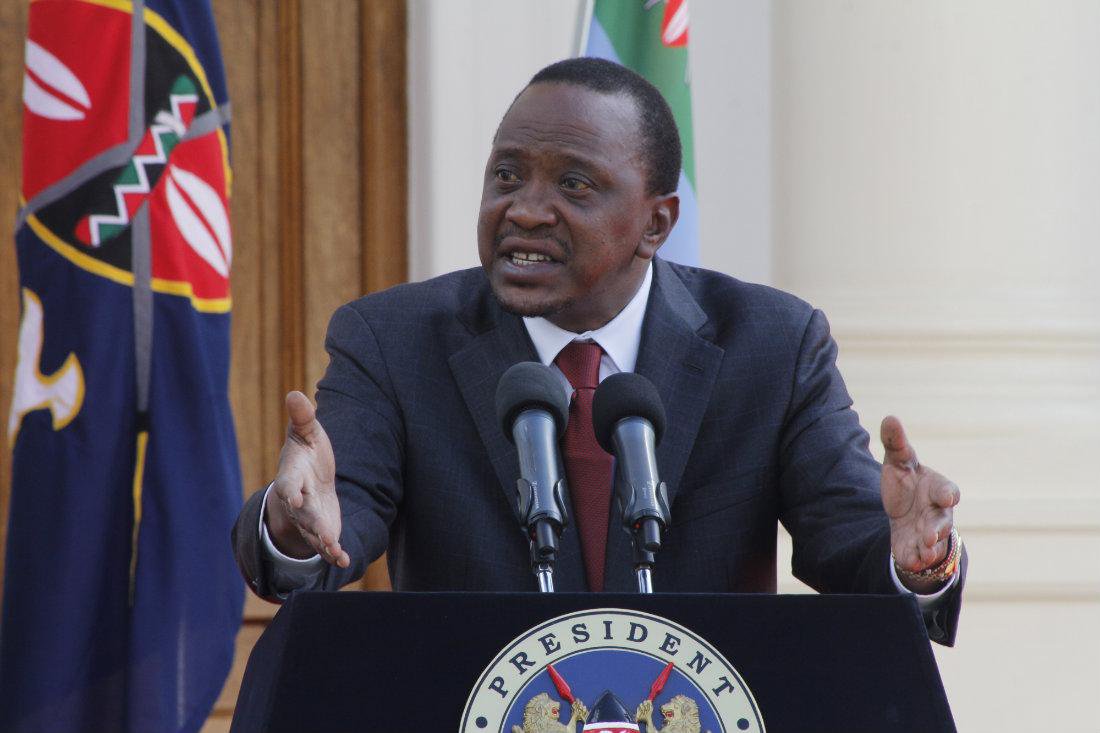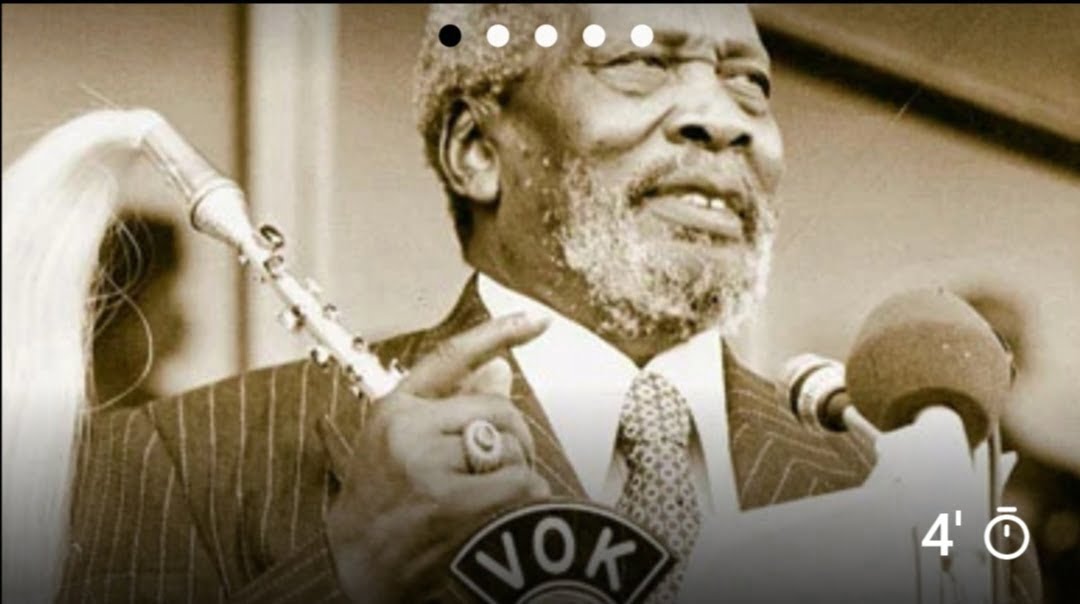President William Ruto’s foreign military gamble in Haiti is unraveling. Two Kenyan police officers have already paid the price—one dead, another injured. Gangs are growing bolder.
Living conditions for Kenyan troops are dire. Meanwhile, back home, angry Kenyans are asking tough questions: Why are our officers dying in a foreign land while our own streets remain unsafe?
As Ruto talks diplomacy with the UN, boots on the ground are bleeding. And the mission’s future? Uncertain at best. Deadly at worst.

What Ruto and the UN Aren’t Telling You About the Haiti Mission
On Thursday night, President William Ruto spoke with United Nations Secretary-General António Guterres. They discussed the Kenya-led Multinational Security Support (MSS) mission in Haiti, which aims to crush violent gangs and restore peace ahead of Haiti’s 2026 elections.
Guterres praised Kenya for taking the lead. He thanked the peacekeepers for their bravery and reaffirmed the UN’s support.
But while diplomats exchanged pleasantries over the phone, Kenyan officers were fighting for their lives in the streets of Port-au-Prince. The gangs are armed, organized, and ruthless. The mission—meant to stabilize a nation in chaos—is now facing its own crisis.
Kenya deployed its first batch of police officers to Haiti in June 2024. Since then, the situation has spiraled. Just three days before the call between Ruto and Guterres, two Kenyan officers were injured during a violent anti-gang operation.
Another officer was killed last week during a gang ambush in the dangerous Lower Artibonite region, 92 kilometers from the capital.
That wasn’t the first fatality. The mission recorded its first death back in February. Now, Kenyans are asking—how many more?
Crumbling Conditions and Mounting Questions Back Home
Inside Haiti, the reports from the ground are alarming. Kenyan troops are enduring harsh living conditions—poor shelter, food shortages, and limited medical support. They were promised protection and backup. What they got instead was an international crisis with no clear exit.
Back in Kenya, the mission has sparked a firestorm of criticism. Citizens, civil society groups, and even sections of the political class are questioning Ruto’s decision. Why is the government risking Kenyan lives for a war that isn’t ours? And more importantly, who benefits from this deployment?
Critics argue that Ruto is using the Haiti mission to win international clout—chasing headlines abroad while failing to fix insecurity at home.
Nairobi, Kisumu, and Mombasa all suffer from local crime, unemployment, and broken policing systems. Yet, nearly 1,000 officers have been shipped off to die in a faraway land in the name of global diplomacy.
There’s also talk of external pressure. The United States and Canada have been accused of outsourcing their responsibility to African nations. Kenya’s involvement, some say, is less about leadership and more about appeasing powerful allies.
The government’s silence on the matter is making things worse. Families of deployed officers are kept in the dark. Parliament has yet to be fully briefed. And now, with deaths mounting and morale sinking, it’s unclear how long the mission can survive.
A Double Game? Ruto’s DRC and Somalia Engagements Raise More Eyebrows

During the same call with Guterres, Ruto also spoke about Kenya’s involvement in Eastern Democratic Republic of Congo (DRC).
He emphasized the outcomes of a joint summit between the East African Community (EAC) and the Southern African Development Community (SADC), saying Kenya remains committed to peacebuilding efforts in the region.
He called on the UN to support these regional strategies for DRC peace. Shortly after, Ruto phoned Somali President Hassan Sheikh Mohamud. They discussed terrorism threats and pledged to strengthen bilateral security cooperation.
But to critics, this is more smoke and mirrors. While Ruto plays peacemaker abroad, domestic security crumbles. Insecurity, poverty, and discontent are growing in Kenya. The president’s overseas ambitions are starting to look like dangerous distractions.









































